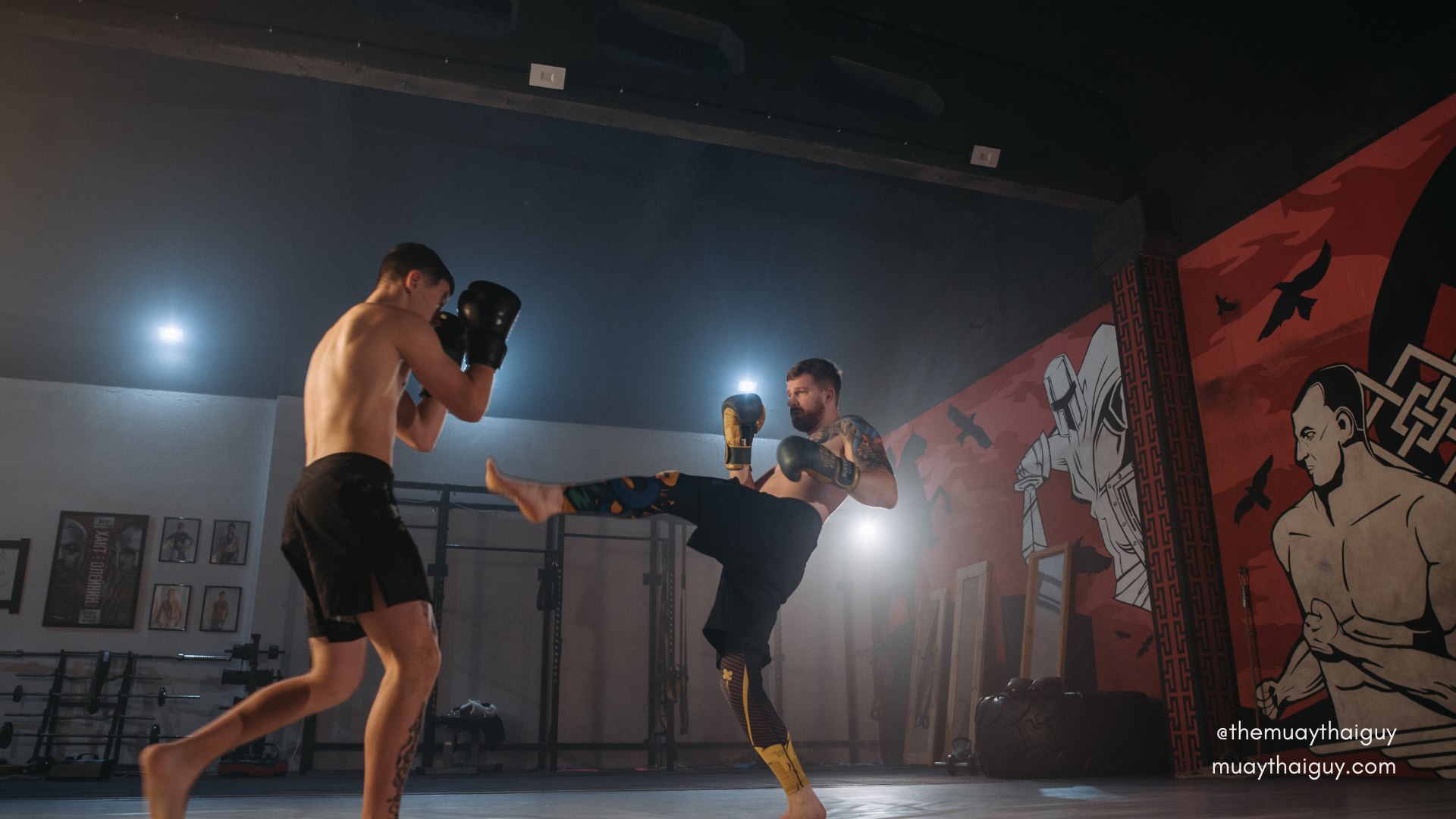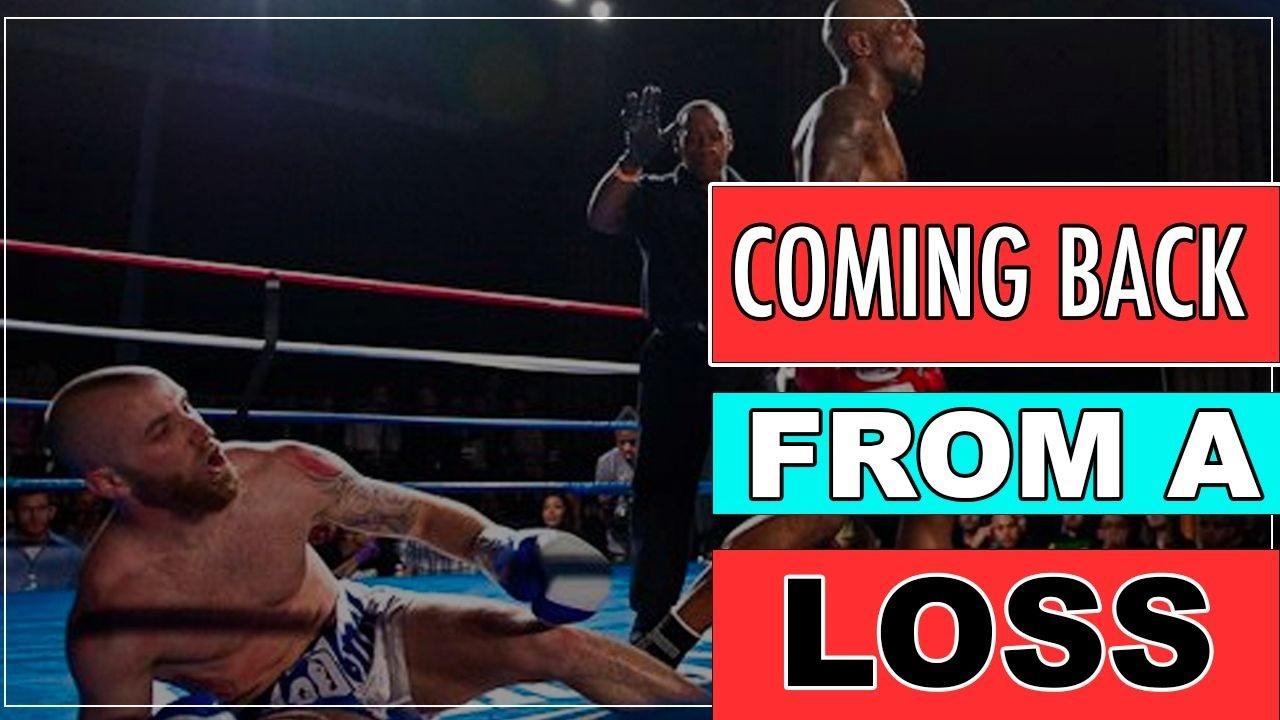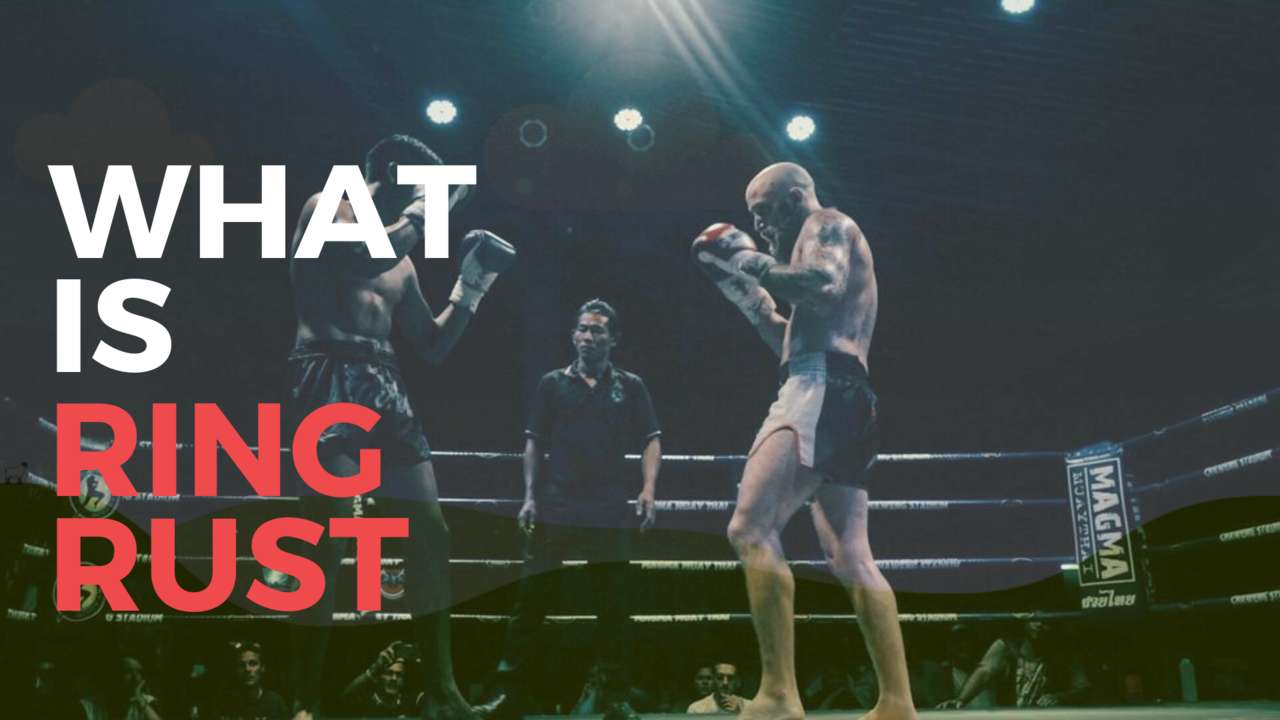Relaxation Techniques for Better Performance in Sparring

THE FOUNDATION OF CALMNESS UNDER FIRE
Sparring in Muay Thai can be intense, especially when the pressure is on.
One of the biggest challenges is staying relaxed and not letting the heat of the moment tighten you up. But relaxation isn’t just about staying calm—it’s about being able to flow, react efficiently, and keep your energy for the long haul.
Through the years of sparring and competing at a high level, I’ve learned that a relaxed fighter is a dangerous one. Here’s how you can make it work for you.

Breath control is the first thing you’ll want to master.
When you’re in the ring, the natural inclination is to breathe shallowly, especially if you’re feeling tense or trying to overpower your opponent. Instead, focus on steady, deep breaths, especially with every strike and movement.
This not only keeps your mind calm, but it also helps maintain your energy level for longer. For example, every time I threw a kick, I made sure to exhale with it, which allowed me to throw harder...
How to Train Your Mind Like a Champion Fighter

TURNING FEAR AND NERVES INTO CONFIDENCE
If you’ve ever stepped into the ring or been in a fierce sparring session, you know that Muay Thai isn’t just a test of physical strength—it’s a test of mental toughness.
Fighting isn’t just about the punches you throw or the kicks you land. It’s about staying calm when everything feels chaotic, pushing through the pain, and keeping your focus when it feels like everything is falling apart.
Having spent countless hours training in Thailand, facing top-tier competition, I can tell you firsthand: the toughest fighters aren’t always the ones who are the most technically skilled. They’re the ones who can keep their head in the game, no matter what.
-
The Importance of Mental Resilience in Muay Thai
In Muay Thai, mental toughness is about handling adversity with a clear mind. It’s about staying focused even when you’re getting hit hard, feeling exhausted, or finding yourself in a bad position during a clinch.
Resilience allows you to reco...
Coming Back From A Loss In Muay Thai

OVERCOMING DEFEAT IN 'THE MOST BRUTAL SPORT IN THE WORLD'

By Matt Filart
“Muay Thai is one of the most brutal sports in the world” is probably something that you’ve heard countless times before.
When people say this, they are usually referring to the physical aspects of the sport, particularly all that damage nak muays take in fights and training.
What is talked about far less often is how brutal this sport can be mentally and emotionally,and at no point is the sport more mentally damaging than after a loss.
Training for months for one fight only to come up short is one of the most devastating feelings that you could ever have, especially if you lose by a stoppage. A loss can haunt you and steal your confidence right out from under you.
The question is: how do we confront this very real (and, for a long time, unacknowledged) phenomenon?
How do we begin to dig ourselves out of these holes? Like this:
1|Treat Yourself
This is something to do in the immediate aftermath of yo...
What is 'Ring Rust'?

HOW TIME OFF TURNS YOUR RHYTHM RUSTY
By Angela Chang

You fought and are now taking some time off. Weeks turn into months, and months into years. Finally, the time has come when you tell your coach you’re ready to get back in the ring.
You train hard, make weight, and now it’s time to fight. The first round starts and you feel incrediblyslow. This surely isn’t your first fight, but you feel very slow to react and have trouble finding your distance and timing. This goes on for another round or two before you begin to feel your familiar rhythm flow back into you.
Even if during your time off from fighting you were still training, you may experience something called ring rust when you start competing again. Ring rust is a phenomenon experienced by many when they take a (long) period of time off from fighting and they’re not feeling as sharp as they did when they last competed. They can feel physically slow; feel more nervous than normal; be less reactive in the fight; get tired more ...





